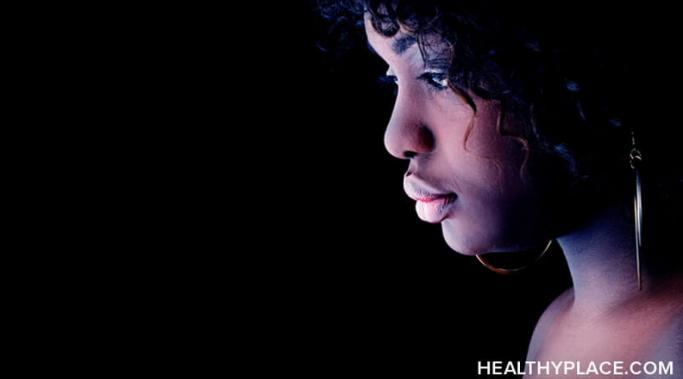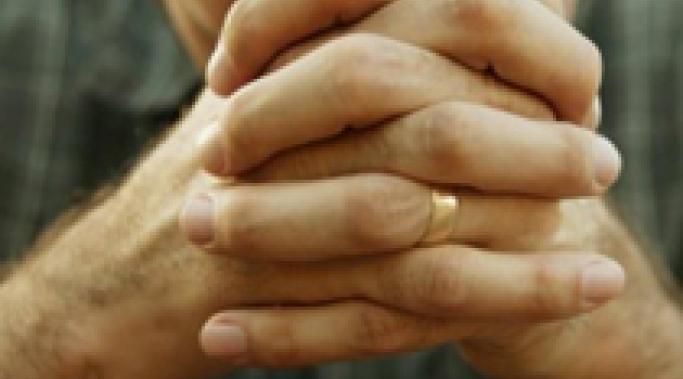Blogs
Applying the 12 step approach to posttraumatic stress disorder (PTSD) recovery is just one way that I have found to strengthen my PTSD recovery and improve my life. Because the steps that are commonly used for addiction recovery are all about learning to live life in a new way, they can successfully be applied to many things other than drug addiction and alcoholism. I've used the 12 steps for my alcoholism, codependency, and PTSD, and I have found that if you are open-minded and willing, they really do work. I wrote about applying the steps 1 -3 last time, so here are steps four, five, and six to help you apply the 12 steps to PTSD recovery.
Spring holidays are coming up fast and when you have binge eating disorder (BED), it can be a difficult time to survive. Parties and social gatherings can trigger your binge eating disorder, relatives and friends can play any variety of roles, including food police and concern troll, and beyond all of that, there's seasonal foods that can lead to overeating or binging. Here are some tips on surviving the spring holidays with binge eating disorder.
Self-care isn’t a foreign topic when it comes to mental illness. Not only can self-care improve your overall mental wellness, but it’s more often than not a topic of conversation because of how incredibly difficult it can be to take care of ourselves when we’re struggling. The simple act of getting out of bed or having a proper meal can seem like a mountain to climb. One of the more interesting aspects of self-care, I think, is the self-stigma that’s attached to it; the self-stigma that says maybe we should stop focusing on ourselves for once.
Anxiety is a burden that involves excessive worry and fear. When we live with anxiety and its worry and fear, we give up things in life that were once joyful. It’s not that we want to give up what we love; instead, anxiety is so all-consuming that it’s heavy and burdensome. Anxiety is hard to carry. The following simple short story illustrates just how burdensome anxiety, worry, and fear can be. It can also be a tool to help children cope with fear and anxiety.
Mental illnesses are complex. Symptoms can be misinterpreted, resulting in a misdiagnosis. This is understandable, given that different disorders often share some similar symptoms. In cases of dissociative identity disorder (DID), there is often confusion between bipolar disorder and DID symptoms. While bipolar disorder and DID each have unique symptoms, there is some symptom overlap. It is important to recognize the differences in symptoms, as these disorders have different causes and treatments.
For many years light therapy has been shown to work for seasonal affective disorder (that is, depression that is seasonal, typically in the winter when less hours of sunlight are available). But what about just for major depression? Does light therapy for major depression or bipolar depression work? Here’s the lowdown on light therapy for depression and bipolar disorder.
What do you do when grief becomes a mental health issue? Recently I lost a friend to suicide, and it made me think of all the other losses I've suffered. Two memories stand out in my mind--the death of my maternal grandfather to cancer and the death of my paternal grandmother to a stroke. One was a mental health issue, the other was not. There are several things people can do when grief becomes a mental health issue.
Wouldn't it be nice if you could trust yourself and feel confident in decision-making? You may question every single thing you do, hesitate or feel like nothing you do is good enough; but there was a time when you did trust yourself. How great would it feel to reclaim that trust? These simple tips can help you learn to trust yourself again and feel more confident when making decisions than ever before.
Applying the 12 step approach is one way to enhance posttraumatic stress disorder (PTSD) recovery. Because many of us who suffer from PTSD have also suffered from drug or alcohol addiction, I think applying the 12 steps to our PTSD recovery only makes sense. If we are finding relief from our addiction by using the 12 steps, which teaches us a new way to live, then we can apply that new way of living to our PTSD recovery as well. Even for PTSD sufferers who don't have a problem with drugs or alcohol, I believe the 12 step approach can be helpful.
With schizophrenia or schizoaffective disorder, self-care can be hard. Things that most people take for granted, like showering, can become a looming, stressful chore. But why? Why is self-care so difficult for people with schizophrenia or schizoaffective disorder?








